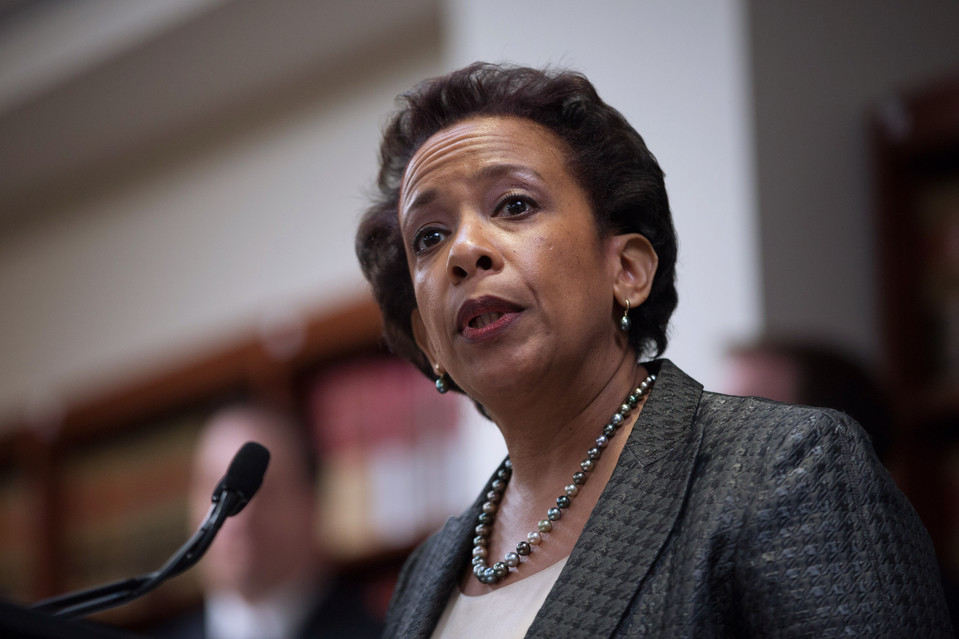Frequently, the way to cultural understanding is through our stomachs. Breaking bread with strangers often breaks down barriers -- it’s often harder to hate if you just ate.
Jake Bolender, a Twin Cities native and head chef at Bloomington’s Reality Bites, sees culinary cultural education as “part of our jobs as chefs.” The downtown tapas restaurant and bar offers a daily sprinkling of global fare, and Bolender’s crew will create an international spread for BCAI School of Arts’ Nov. 4 Mix.Fuze.Evolve 2 fundraiser, co-sponsored by Not In Our Town: Bloomington-Normal’s Not In Our Schools.
“From what I’ve experienced, I think we’re lacking in terms of being familiar with different cultures, especially when it comes to food,” Bolender suggests. “I think people are afraid to try new things. They’re afraid of new things, different cultures, whether it be food or introducing themselves to people or going to an Asian grocery store. I think change is scary for a lot of people.”
Mix.Fuze.Evolve will showcase culturally-infused live stage entertainment and music with a dance floor, a “culturally diverse” cash bar with 14 alcoholic and non-alcoholic options, a Coffeehound coffee bar highlighting blends from various cultures, and 12 culinary meals from six different cultures. The event, from 7 to 10 p.m., will include multiple raffles, with profits funding BCAI-supported scholarships.
Tickets are $55 per person 21 or older, or $60 at the door. Tickets are available at Reality Bites, Coffeehound, or Signature India, or online at http://breakingchains116.wixsite.com/mfe2. In conjunction with the event, BCAI is holding a youth event for every age, infant to teenager, from 5:30 to 11 p.m. at Illinois Wesleyan University, free for MFE2 ticketholders. Non-MFE parents also are welcome to register youth at a $25 per-child cost.
The Saturday menu includes akara & rice, ata dindin, tikka masala chicken, garbanzo & potato curry, black beans & rice, tacos, berry pudding, baked pumpkin, hummus, lamb & toasted nuts, ayam goreng, pork & vegetables spring rolls, baklava, fried thai bananas, and tres leches cake. That may seem like a headscratcher to some meat-and-potatoes Midwesterners, but Bolender emphasizes that “just because (dishes) come from a different culture doesn’t mean all people can’t enjoy them.”
BCAI Director Angelique Racki supplied a list of the Indian, African, Hispanic, Asian, and Indigenous American cuisines to be represented at the fundraiser. “Then, we just started doing our homework, digging in to different dishes from those cultures – some of which we were familiar with, some of which we were not,” Bolender relates. “It was really fun for us to kind of dig into some things we hadn’t cooked before – even recipes we hadn’t tried before. We were really excited about it. We wanted to be authentic. We wanted these dishes to be prepared in the way they’re traditionally prepared.”
His restaurant had offered a few of the dishes on the Nov. 4 menu on weekends, and he suggests some of the “big hits” among the new creations will make it onto his team’s new November menu. Bolender, his sous-chef Amy Deranian, and other crew members have their own cultural specialties, from Asian to traditional French.
“Mom did a lot of cooking growing up,” and Bolender was raised on a sturdy Heartland diet of chicken and noodles, mashed potatoes, kielbasa sausage, mac-and-cheese, and Sunday pot roast. He began bussing tables at 15, and “immediately fell in love with the restaurant industry.” Bolender, now 31, graduated to “the front of the house” and, eight years ago, into the kitchen. His pre-Reality Bites credits included prepping sushi and pizza and learning from nationally respected chefs at the former Station 220 (now Epiphany Farms) and helping launch Bloomington’s Two Blokes And A Bus food truck.
Bolender’s own favorite international dish is “straight-up tacos,” preferably with lengua (tongue), chorizo sausage, or tripa (small intestines). Reality Bite’s MFE2 spread will include a full taco bar featuring a range of toppings and sauces.
Reality Bites’ servers are trained to help diners understand new and potentially daunting dishes. In a few cases, Bolender has made accommodations for the uninitiated: He promotes ayam goreng, a curry-marinated poultry dish, as Indonesian fried chicken.
“Most people like fried chicken,” he smiles. “Most of the times, it’s a matter of stepping outside the boundaries when it comes to food – trying something you haven’t tried before.”




















